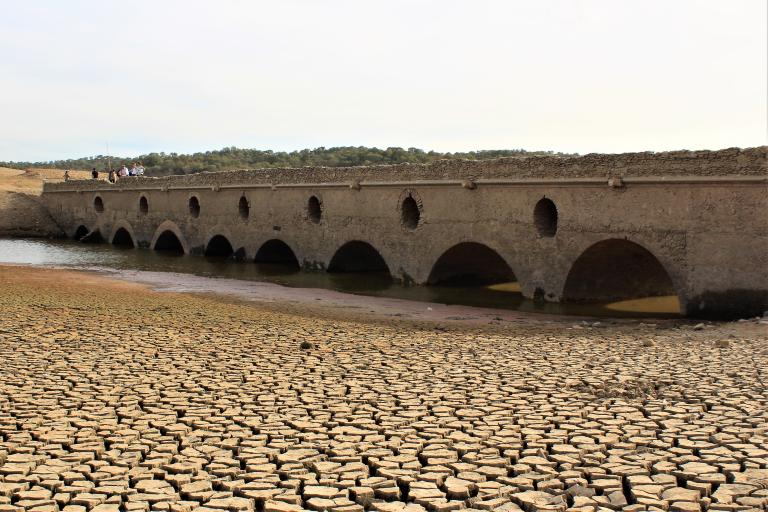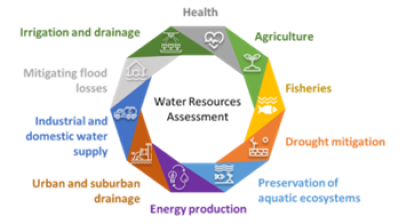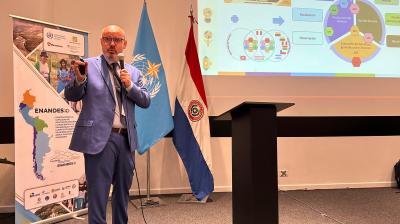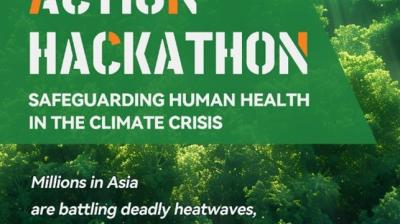Executive Council approves hydrology action plan

The WMO Vision and Strategy for Hydrology and its associated Action Plan has been endorsed by Executive Council, reflecting the need to improve water monitoring and management in the face of growing challenges of water stress, water-related hazards and water quality.
Water resources are under stress and increasing demand is adding further pressure, while climate change is increasing variability in the water cycle, inducing a greater number of extreme weather events, reducing the predictability of water availability and affecting water quality. In turn, this cascade of consequences threatens sustainable development, biodiversity and the enjoyment of the human right to water and sanitation worldwide.
All around the world, billions of people also feel the impacts of climate change through water. The frequency of water-related disasters is on the rise due to the increase in the intensity of natural events such as storms, heavy precipitation and dry spells.
Floods, droughts, landslides, glacier lake outbursts and storm surges are impacting lives and infrastructure in coastal zones and mountain tops, in arid plains and deserts, along river banks and in floodplains. The poorest and least developed are the most vulnerable.
The Action Plan presents in detail the activities needed to fulfil the eight long-term ambitions that should guide the development of WMO initiatives relevant to water up to 2030:
- No one is surprised by a flood;
- Everyone is prepared for drought;
- Hydro-climate and meteorological data support the food security agenda;
- High-quality data supports science;
- Science provides a sound basis for operational hydrology;
- We have a thorough knowledge of the water resources of our world;
- Sustainable development is supported by information covering the full hydrological cycle;
- Water quality is known;
The Action Plan is the result of a wide consultation with the hydrological community including two online rounds which attracted more than 340 comments from experts worldwide.
A second EC resolution paves the way for the extraordinary World Meteorological Congress in November 2021 to issue a Water Declaration on the need to accelerate progress towards the Sustainable Development Goal 6 on water and sanitation, and to support Members in designing and implementing resilient systems that will help to mitigate climate change impacts in water, food and energy nexus.
In this regard, WMO is spearheading a Water and Climate Coalition - a community of multi-sectoral actors, guided by high-level leadership and focused on integrated water and climate action.










